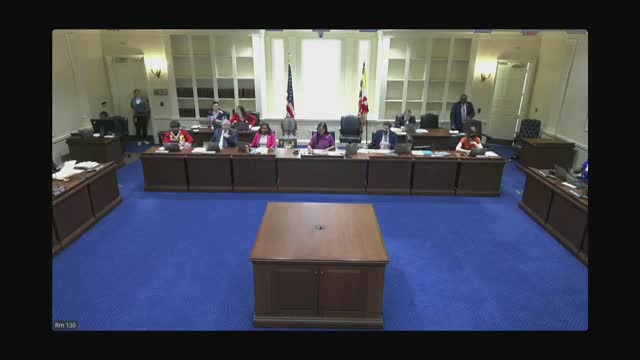Article not found
This article is no longer available. But don't worry—we've gathered other articles that discuss the same topic.
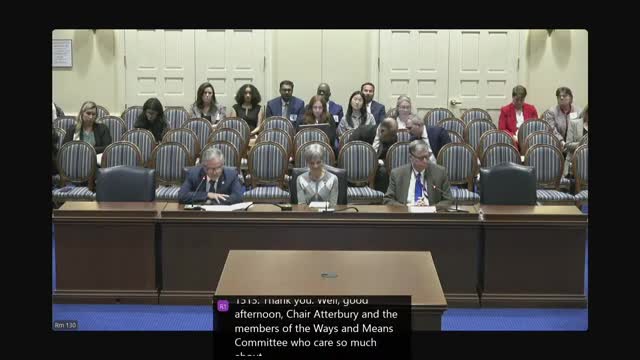
Bill would bar SROs and school security employees from participating in federal immigration enforcement at schools, witnesses say it would protect students' “op
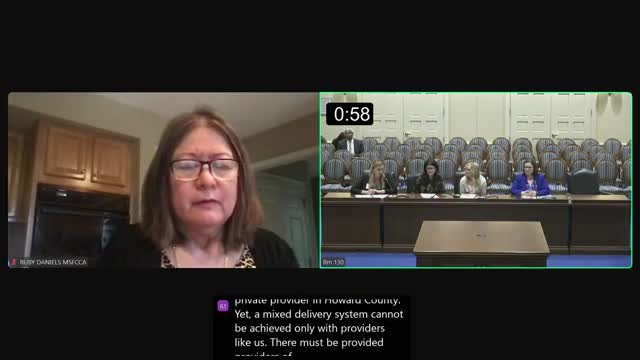
Lawmakers back study to fix mixed‑delivery pre‑K implementation challenges
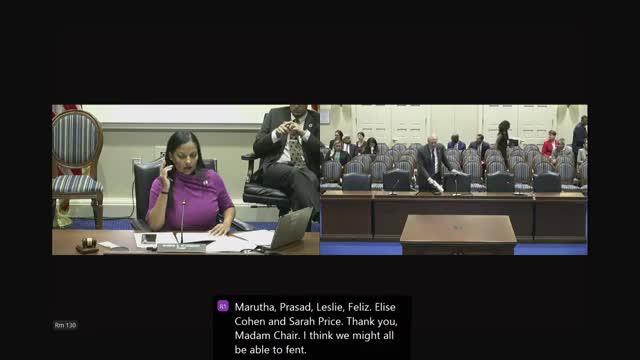
Off‑track betting operators propose historical horse‑racing machines; casinos warn of cannibalization
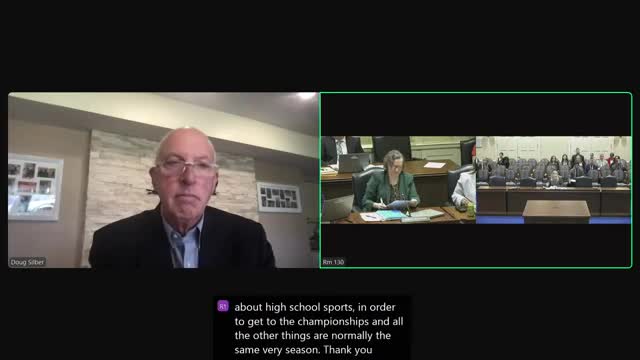
Delegates press for statewide K–12 AI guidance; MSDE endorses framework and task force
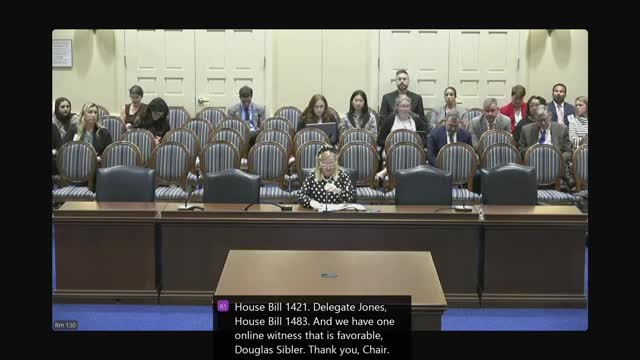
Bill would require equal pay for high school sports officials for comparable boys and girls sports
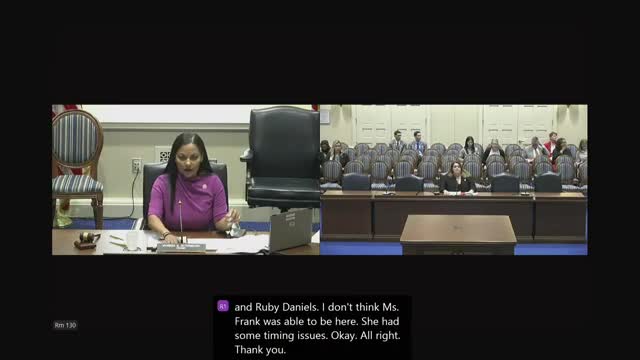
Delegate seeks to place Blueprint oversight board under State Board of Education; proponents and opponents spar over accountability
